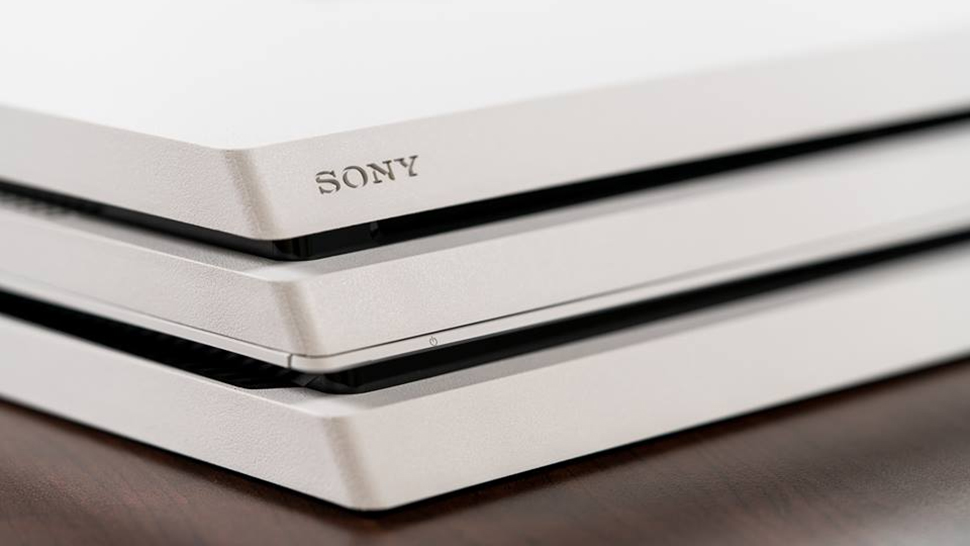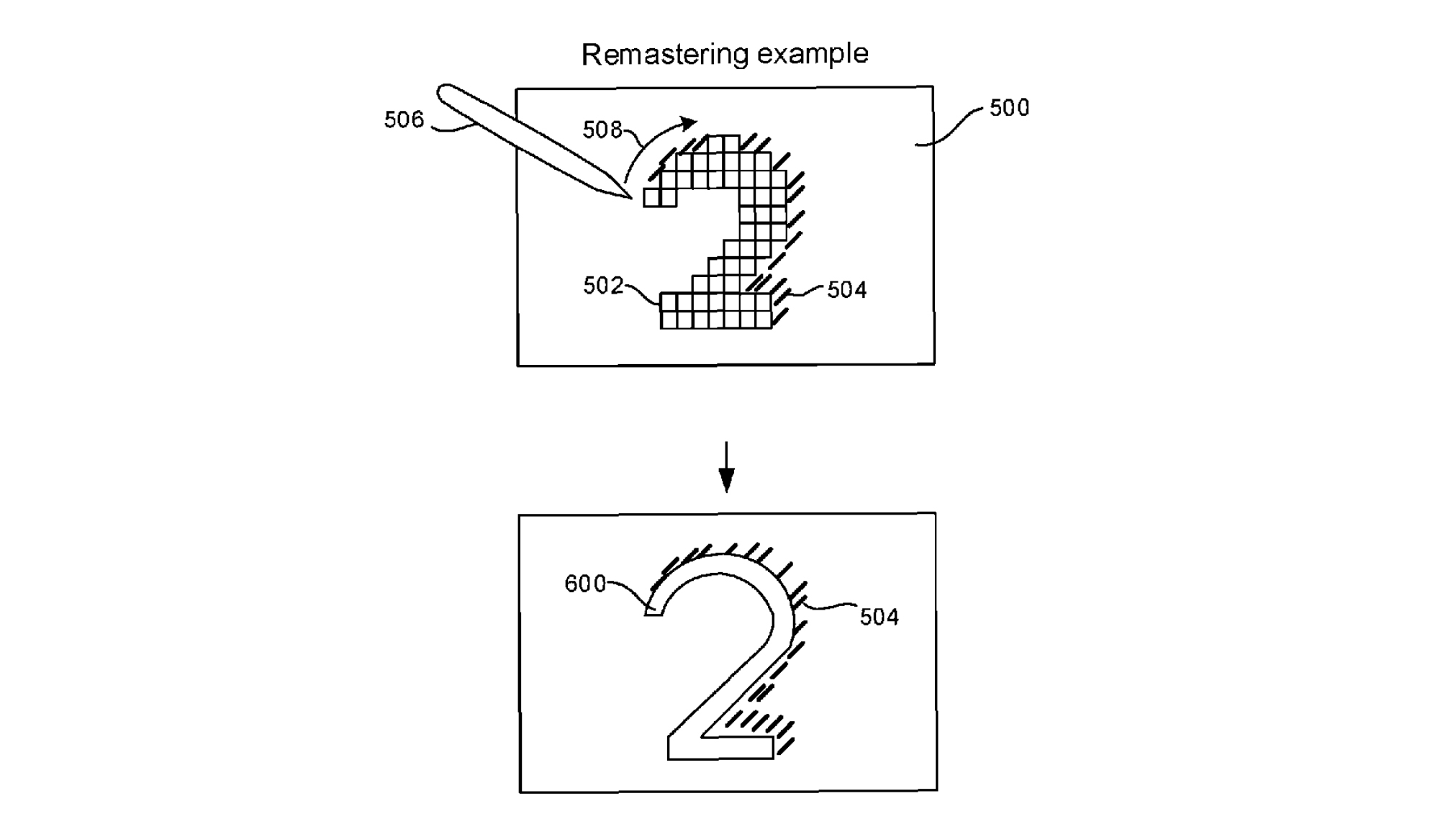Sony PS5 will be able to play all your PS4 games thanks to backwards compatibility
One of the most requested PS4 features might be making its way to the PlayStation 5


Get all the latest news, reviews, deals and buying guides on gorgeous tech, home and active products from the T3 experts
You are now subscribed
Your newsletter sign-up was successful
Sony looks set to bring backwards compatibility to its home console with the launch of the Playstation 5, according to a new patent.
The next-generation console would be capable of reading PS4 games discs, allowing users to play games already in their collection without the need to buy a fresh copy.
Microsoft has included backwards compatibility in every generation of its rival Xbox gaming system. The company adds support for its vast back catalogue of video games via software updates, which are rolled-out on a regular basis.
Meanwhile, Sony ditched support for older titles when it launched the PlayStation 4. Instead, console owners are encouraged to stream and download digital copies of their favourite PS3 titles via the PlayStation Now subscription service.
When asked why the PlayStation 4 doesn't let gamers play their ageing PS3 discs, Head of PlayStation Europe Jim Ryan said the feature is rarely used.
Speaking to TIME Magazine in June 2017, Ryan said: "When we've dabbled with backwards compatibility, I can say it is one of those features that is much requested, but not actually used much. That, and I was at a Gran Turismo event recently where they had PS1, PS2, PS3 and PS4 games, and the PS1 and the PS2 games, they looked ancient, like why would anybody play this?"

The patent includes a rough drawing of how the remastering technology could work to improve image quality
However, this could all be about to change with the launch of the Sony PlayStation 5. The next video game console could add backwards compatibility for older titles, according to a new patent secured by the Japanese technology company.
Get all the latest news, reviews, deals and buying guides on gorgeous tech, home and active products from the T3 experts
The patent, entitled "Remastering by Emulation", was approved and published on October 2, 2018 by Sony Interactive Entertainment America.
The patented technology is designed to remaster textures in older video games and replace them with shiny new ones better suited for modern TVs in real-time. If the system works as Sony describes in its patent, it should be able to remaster ageing video games on the fly to bring their look closer to a contemporary game.
"Each asset such as a texture called for by legacy software such as a legacy computer game software has a unique identifier associated with it," the patent explains.
"The unique identifier can be rendered by imposing a hash on the asset, and then the asset stored with its identifier in a data structure. An artist remasters the textures for presentation on a higher resolution display than envisioned in the original software, and stores them back in the data structure with their identifiers."
"The original software is then played on the higher resolution display, with asset (such as texture) calls being intercepted, identified, and the data structure entered to retrieve the remastered asset having a matching identifier."
The new technology will not only replace low-resolution textures in the games, with the tech also purportedly designed to improve audio for modern sound systems.
The idea of playing the original Red Dead Redemption with high-resolution textures and improved audio booming through the sound system has got us very excited for what Sony might have in-store for its next major refresh of the PlayStation.
Sony looks set to launch its next console sometime after 2021, following comments from CEO of Sony Interactive Entertainment John Kodera who quashed any hopes of an imminent PlayStation 5 launch in an interview with The Wall Street Journal.

As a former Staff Writer for T3, Aaron writes about almost anything shiny and techie. When he’s not barking orders at Alexa-powered microwaves or gawping at 5G speed tests, Aaron covers everything from smartphones, tablets and laptops, to speakers, TVs and smart home gadgets. Prior to joining T3, Aaron worked at the Daily Express and and MailOnline.